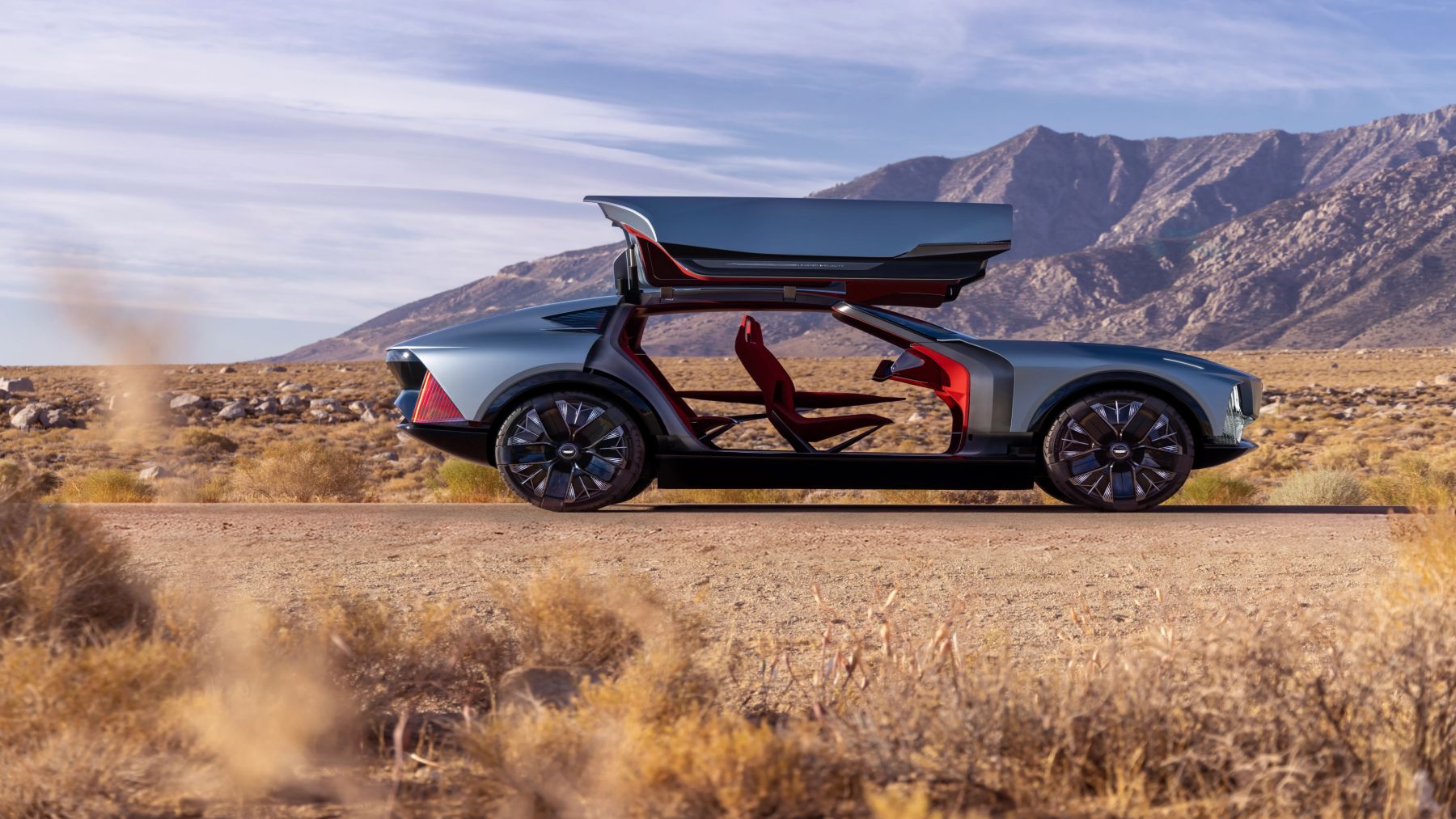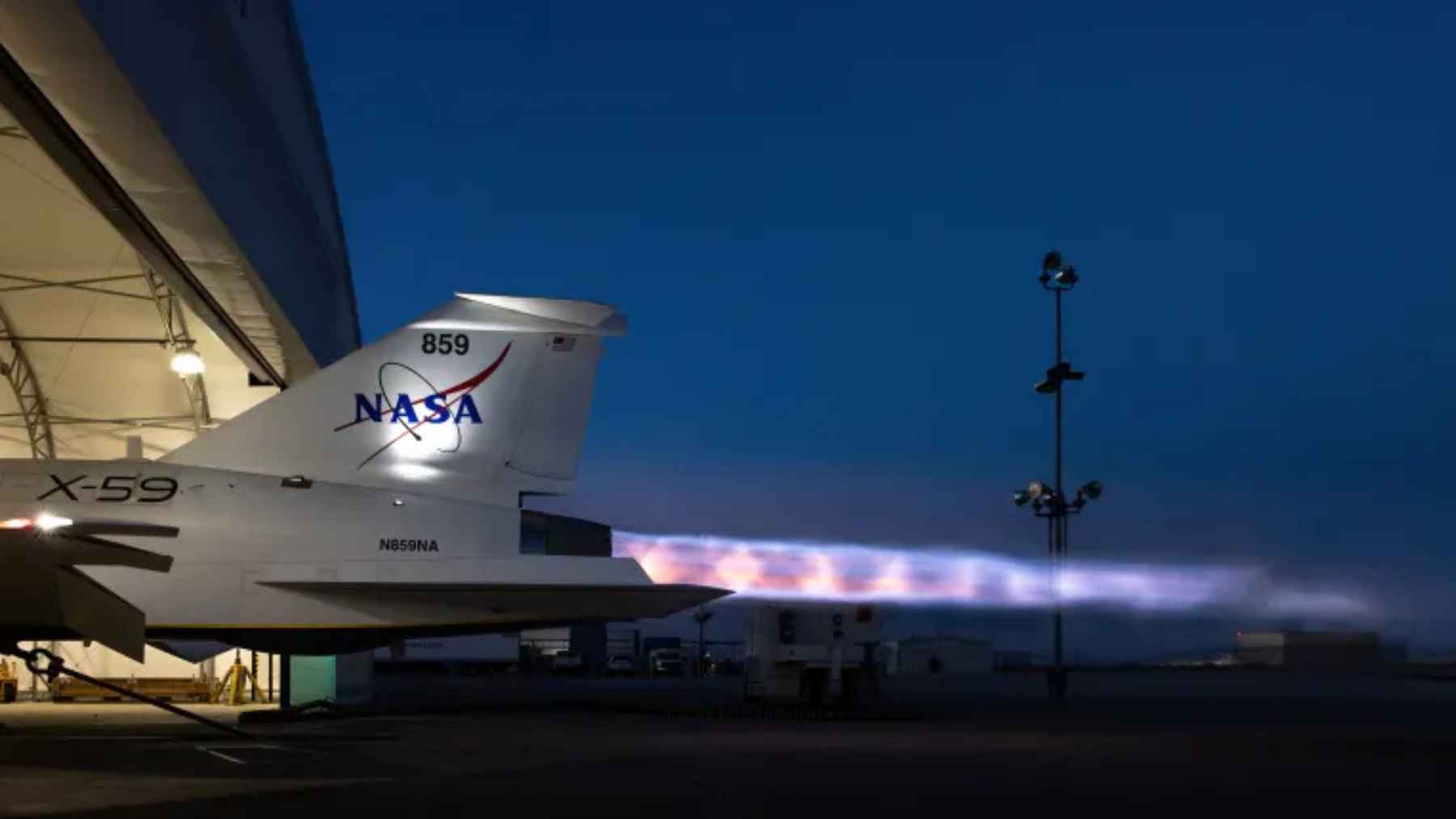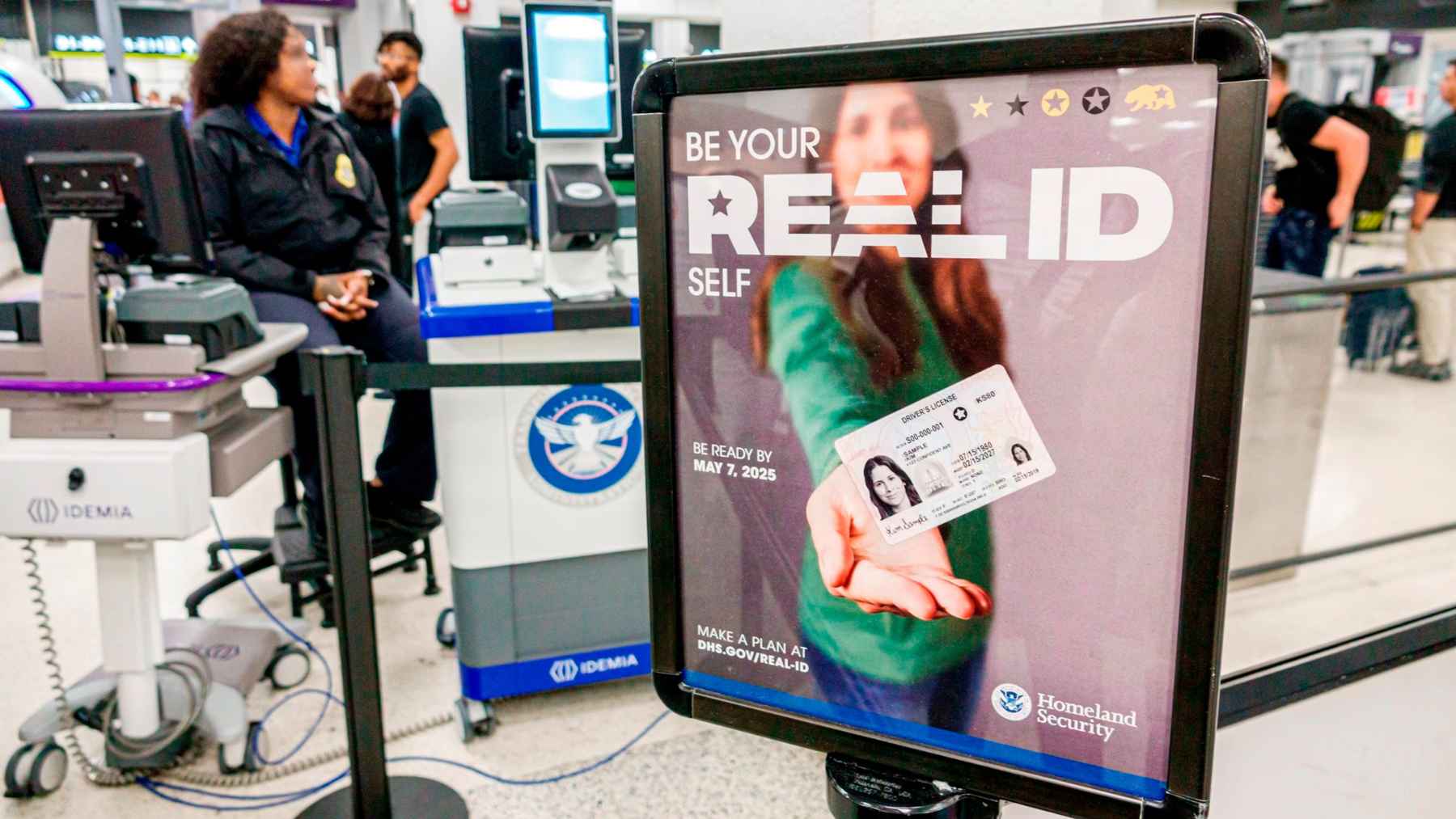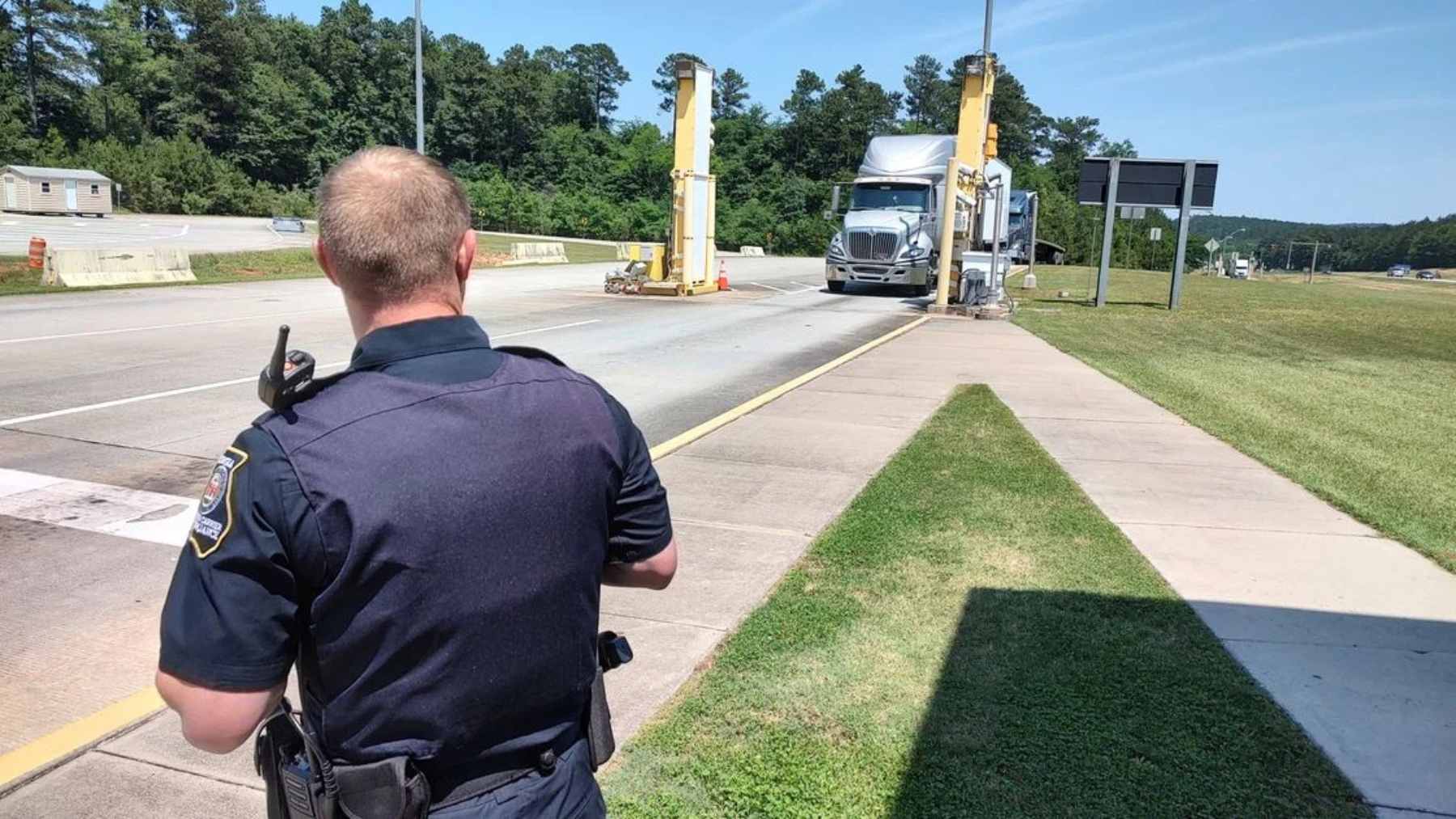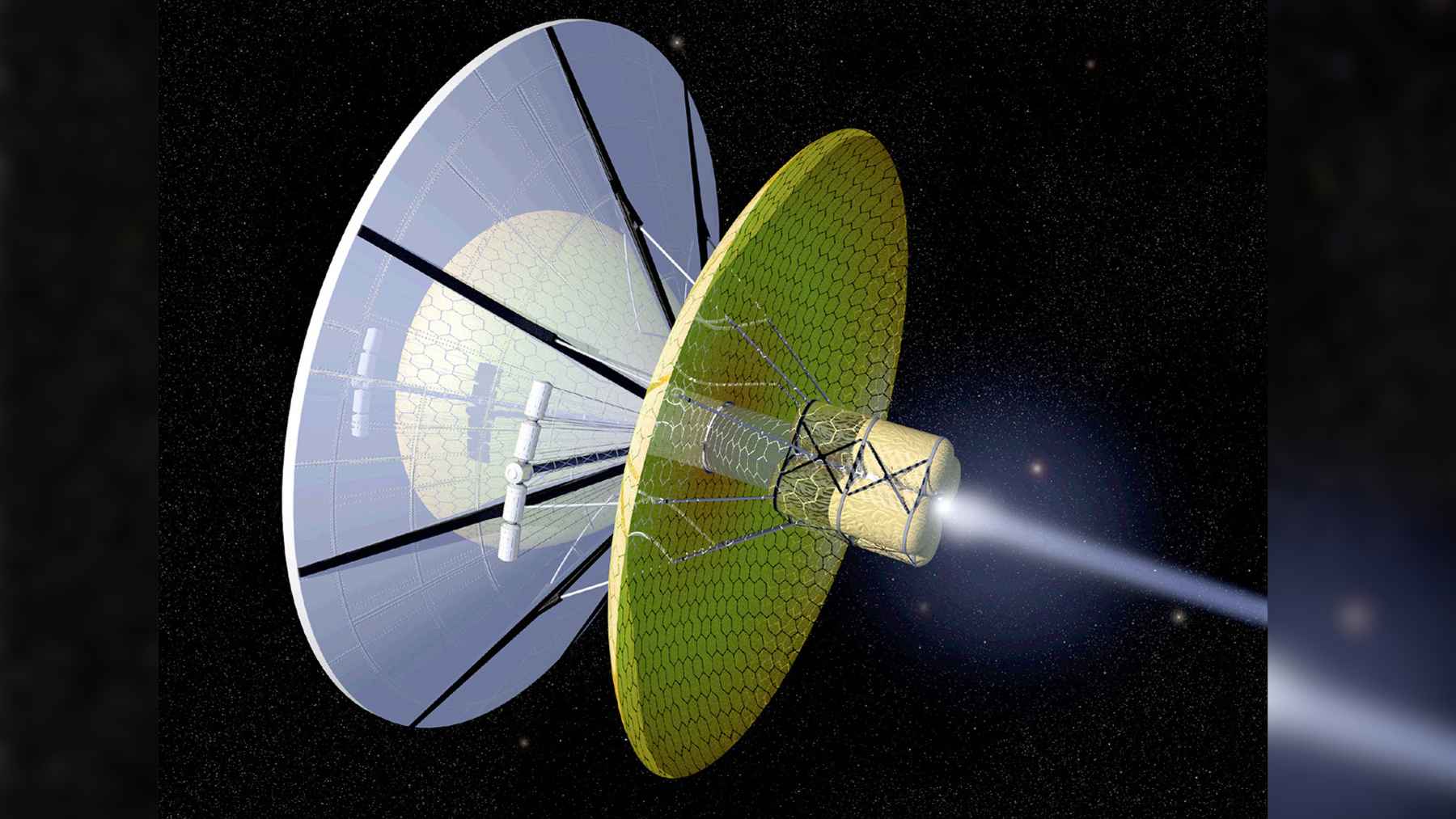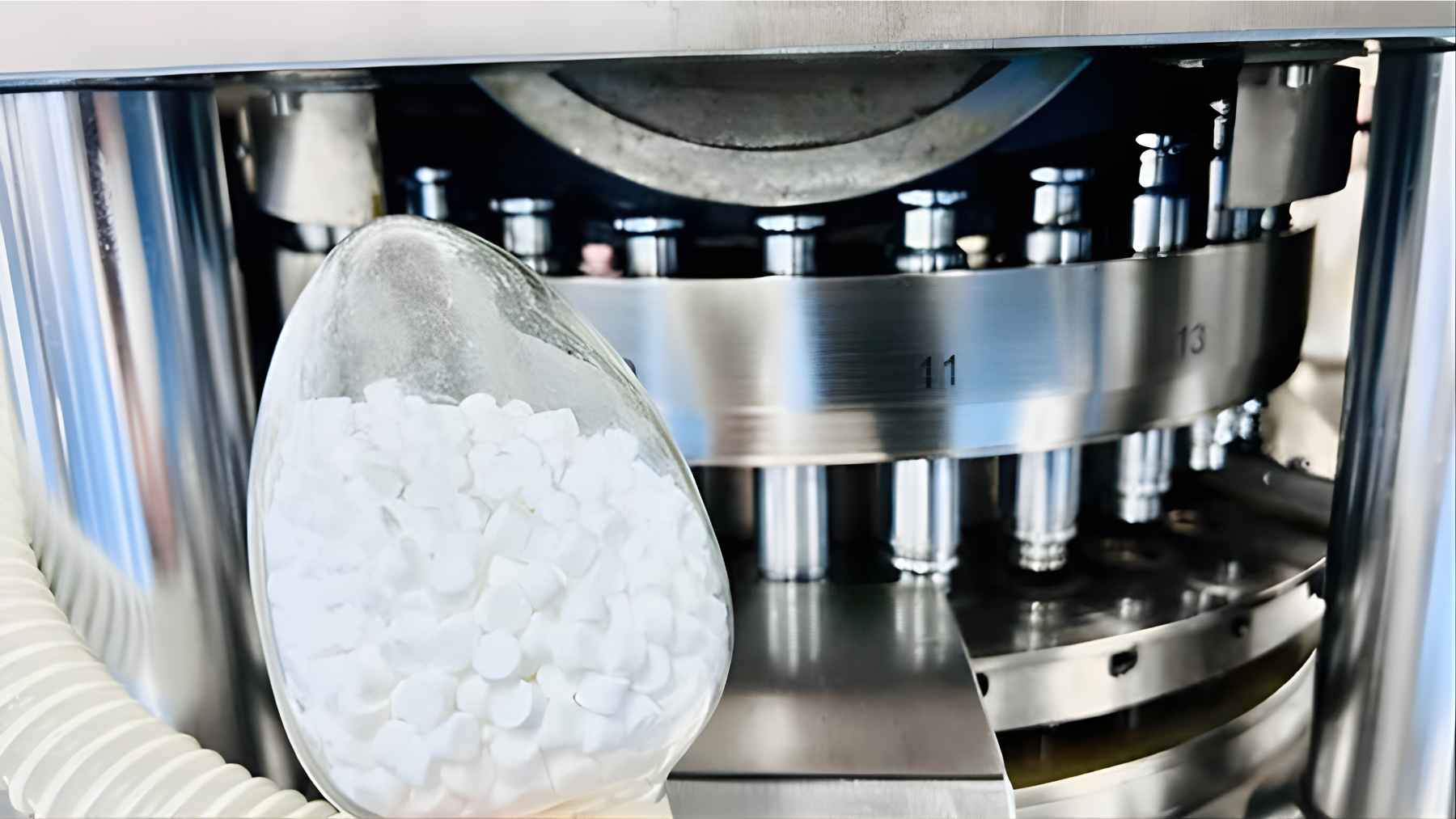This brand new EV rivals the likes of Tesla and BYD. The past decade in the passenger vehicle industry has been defined by the rise of the electric vehicle as a response to the demand to transform the transportation industry to include more sustainable engine solutions to combat the effects of climate change. While American electric automobile Tesla has largely dominated this sector, the company was recently usurped in terms of global EV sales by China’s BYD, with other automobile companies continuing to be hot on their heels.
The automobile industry places its bets on the EV
Facing pressure to phase out the internal combustion engine in favor of alternative engine solutions to strive for a more sustainable world, the automobile industry has largely embraced the EV as the best means to do so. With the global success Tesla experienced in the early 2010s with the release of its luxury EVs, nearly all major automobile companies have added an EV to their model lineup.
While EVs have been embraced by automobile developers, consumers continue to prefer hybrid engine solutions over fully electric vehicles. This is largely due to the lack of widespread available infrastructure to support these vehicles, contributing to range and battery longevity concerns among consumers. In order to make fully electric vehicles more appealing to the public, increased attention is needed to scale up these supporting resources to ensure their widespread adoption.
This company rivals Tesla and BYD with their ‘super EV’
Recently, Tesla and BYD have been fighting for dominance in terms of total global EV sales. While Tesla has long held the position, BYD recently overtook the company at the end of last year, largely due to the Chinese company providing competitive and comparable vehicles to Tesla at a lower entry price range. However, other companies are also continuing to advance their EVs, making the EV market more competitive year on year.
Cadillac recently unveiled its Elevated Velocity concept model vehicle to highlight the defining features of the company’s new generation of V-series vehicles. Rivaling Tesla and BYD, Elevated Velocity features the following key features:
- Electric all-wheel drive
- Adjustable air suspension
- Gull-wing doors
- 2+2 seating
- Augmented-reality head-up display
EV developments have largely come to be defined by futuristic and luxury technology, and Cadillac’s Elevated Velocity makes no exception to this rule. An additional feature the new concept vehicle offers includes ‘desert racing’ whereby the vehicle can repel sand.
“Concepts are the compass for us,” GM design chief Brian Nesbitt said during a briefing on the Elevated Velocity.
New vehicle technologies set to define a new era of luxury
The next era of luxury vehicles is set to be defined not only by increasingly advanced electric engine solutions but also by the rise in automated vehicle technology. Currently, this technology, as seen in Tesla and BYD vehicles, is limited to driver-assistance only, meaning that an alert and present driver is still required to be behind the wheel. These types of technologies are defined as Level 1 and Level 2 automated driver technologies.
However, various companies have recently begun to pilot more advanced automated solutions, which would see a driver no longer be required, allowing vehicles to be fully functional on their own. These types of technologies are classified as Level Three through Five.
Companies such as Tesla and Waymo are currently underway with piloting these advanced automated programs in Austin, Texas. However, before these technologies can pass initial piloting phases and enter into vehicle development, automobile developers will need to answer a variety of legal and ethical questions regarding their use on the road, the most imperative of these being who is held responsible when one of these vehicles is in a road accident.
Disclaimer: Our coverage of events affecting companies is purely informative and descriptive. Under no circumstances does it seek to promote an opinion or create a trend, nor can it be taken as investment advice or a recommendation of any kind.
